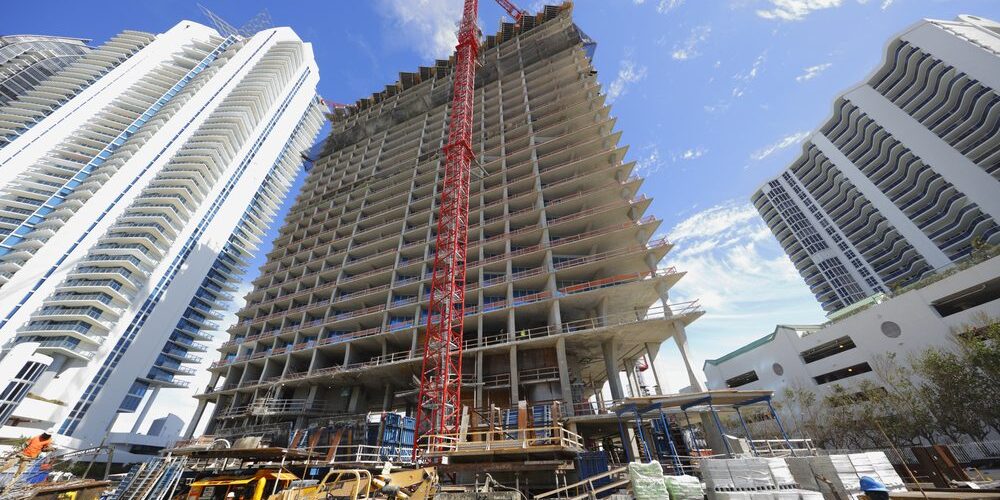
How do the stages influence the price?
Properties on plans or pre-construction go through different stages. As construction progresses, prices tend to increase, as do deposits. However, not all developments have the same structure and many have incentives or attractions during different stages of construction.
- This stage is known as “reservation” in which the intention to acquire a “style” of unit in a “price range” is expressed and only 10% is reserved.
- This stage is known as “contract” in which a specific unit with a specific price is reserved. With the signing of this contract and a deposit equivalent to 20%, the 15 days of cancellation begin to count.
- stage, known as “ground breaking”, where construction begins and another deposit is requested.
- This stage is usually when you reach the middle of the building (exteriors only).
- This stage is usually at the end of the top floor (exteriors only).
- stage, is the closing of the transaction.
Terms you should know before purchasing in pre-construction.
1.-Unilateral Contract.
The Developer is the one who writes the contract and establishes all the rules, the buyer does not have the right to make any changes.
2.-Cancellation period.
Within this period (15 days from the signing of the contract), the buyer has the right (according to Florida law) to cancel the contract if he does not agree with any of its clauses, without penalty.
3.-It is not transferable.
The contract is made in the name of the buyer or in the name of a company where this buyer is 100% owner. The property cannot be sold or transferred to a third party before the work is completed and the property deed is executed, unless you have the consent of the Developer.
4.-Payment method.
In most projects a payment standard is followed, which may be different in some developments.
- 10% upon signing the contract.
- 10% between 60 -90 days after the first deposit.
- 10% at the beginning of construction.
- 20% halfway through the construction of the building (30th floor if it has 60 floors).
- 50% on the day of the property deed (closing day).
5.-Financing without contingency.
If the buyer requested a loan for the final payment of the project and it is not granted at the time of closing, and the buyer does not have the cash, the developer has the right to keep the total amount of money delivered to date. In practice the Developer suggests different lenders to facilitate this process.
6.-Breach of contract by the Developer.
If non-compliance occurs on the part of the Developer, the latter must notify the buyers in writing, having a period of 7 days to resolve it. If this is not complied with, the buyers would have every right to claim their deposit with interest.
7.-Delivery time
It can be 2 to 3 years if the purchase contract is signed at the beginning of the project, this time may be less depending on the stage of the project at the time of purchase. The finishes with which the units are delivered also influence delivery time.
8.-Finishes
It is important to ensure the delivery conditions since this significantly influences the final investment; However, the “standard” in South Florida is for projects to be delivered, like this:
- “Decorator ready”, which is known as “ready to decorate” and means that it is delivered without flooring and without paint.
- equipped with electrical appliances.
- equipped with kitchen cabinets.
- Full bathrooms with and without floors.
9.-How to estimate closing costs when purchasing pre-construction?
The expenses to be paid at the time the property deed is made vary if the transaction is cash or financed:
- Cash between 3% and 4% of the purchase price:
- Developer’s Fee 1.75% a 2%.
- Contribution to the condominium of 2 months.
- Documentation stamps on the transfer.
- Title of the owner’s insurance policy.
- Other transfer costs.
- Financed between 6% and 7% of the purchase price:
- Developer’s Fee 1.75% a 2%.
- Contribution to the condominium of 2 months.
- Documentation stamps on the transfer.
- Title of the owner’s insurance policy.
- Registration and issuance of mortgage.
- Lender’s commission.
- Other transfer costs.

